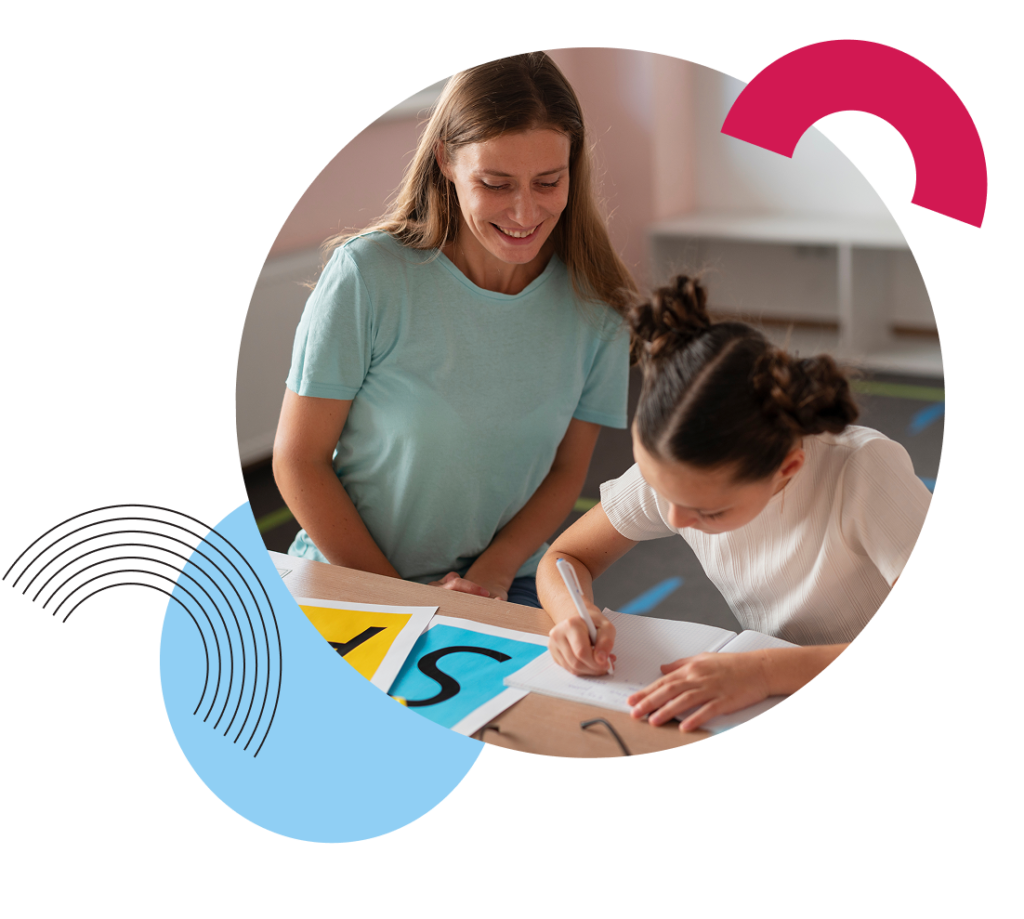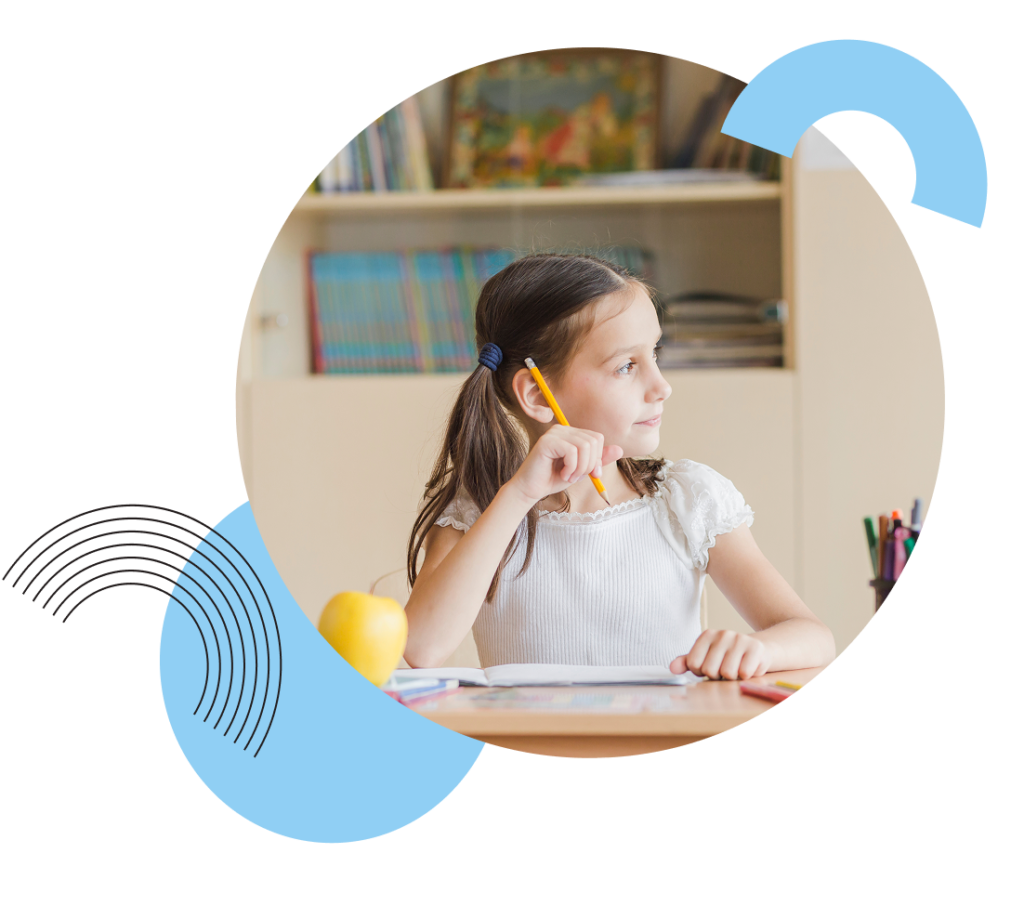Private Tuition for 11+ CAT4 Assessments
Personalised Tuition Plans to Help 11+ Students Pass their CAT4 Assessments.
Receive FREE 11+ Syllabus

What are CAT4 Assessments?
The CAT4 11+ (Cognitive Abilities Test) tests for student potential and cognitive strengths rather than their revised academic knowledge. It is often used for school admissions at 11+ (Year 6) to help schools identify students’ abilities in areas that are not typically covered by traditional academic tests. These tests can aid the schools in predicting students’ future grades at GCSES, etc.

What do CAT4 11+ tests involve?
The test is divided into four main sections, each designed to assess different aspects of reasoning ability:
Verbal Reasoning:
- Measures how well students understand and process words and language.
- Includes tasks like identifying relationships between words, recognising patterns, and completing analogies.


Non-Verbal Reasoning:
- Tests the ability to analyse and interpret visual patterns and relationships.
- Questions involve shapes, sequences, and identifying odd-one-out patterns.
Quantitative Reasoning (Mathematical):
- Assesses numerical and mathematical reasoning.
- Questions involve number sequences, logical problem-solving, and understanding numerical patterns.


Spatial Ability (similar to Non-Verbal):
- Evaluates the ability to visualise and manipulate shapes in 2D or 3D space.
- Questions include tasks like mentally rotating shapes or matching them based on perspective.
Why do schools use CAT4 11+ tests?
- To measure reasoning ability and potential rather than learned knowledge in subjects like English or Maths.
- Helps schools understand a child’s learning profile and predict future academic performance.
- Used alongside other assessments (such as 11+ entrance exams) for admission or setting purposes.
How are these tests formatted?
Depending on the school these are online OR paper-based tests.
- It consists of multiple-choice questions, and students must select the correct answer from the options provided.
- The duration varies, but the test usually takes about 2–3 hours to complete, with breaks between sections.
How are these graded?
- Scores are provided for each category and combined to give an overall profile.
Standard Age Scores (SAS):
A comparison of a child’s performance to others of the same age.
If your child is at an independent primary school, that school may already be tracking their SAS school, so it is important to be aware of the expected scoring for entry to your desired school.
The most competitive school will be expecting results of 125+, however, scores of 100 represent the average. 112+ is thought of as above average.
National Percentile Ranks (NPR):
Indicates the percentage of students nationally who scored below the child.
Stanines:
A simplified 1-9 scale summarising performance levels.

It is important to note that CAT4 often is used alongside other 11+ admission papers…
- Some independent schools and grammar schools use CAT4 scores alongside traditional 11+ subject exams (e.g. Maths, English, Verbal, and Non-Verbal Reasoning) to gain a holistic view of a candidate.
- CAT4 can help schools understand a student’s learning potential, especially in cases where academic results are borderline.
How do I best prepare my child?
- Practice materials for reasoning skills (Verbal, Non-Verbal, Quantitative, and Apatial) are available from publishers like GL Assessment, which produces CAT4.
- Encouraging logical thinking and problem-solving activities can also be beneficial.
How is it Different from Traditional 11+ Tests?
• Traditional 11+ Tests: Focus on subject knowledge (e.g. Maths, English) and reasoning skills as taught in the curriculum.
• CAT4: Focuses on cognitive potential, assessing how students think and solve problems across multiple domains, without relying on prior subject knowledge.
If you’re preparing students for CAT4, focus on reasoning skills and practice under timed conditions to help them adapt to the test format. GL Papers in Verbal and Non-Verbal Reasoning are very helpful.
CAT4 exams help identify gifted students, students with special educational needs, or those who may need extra support.




















